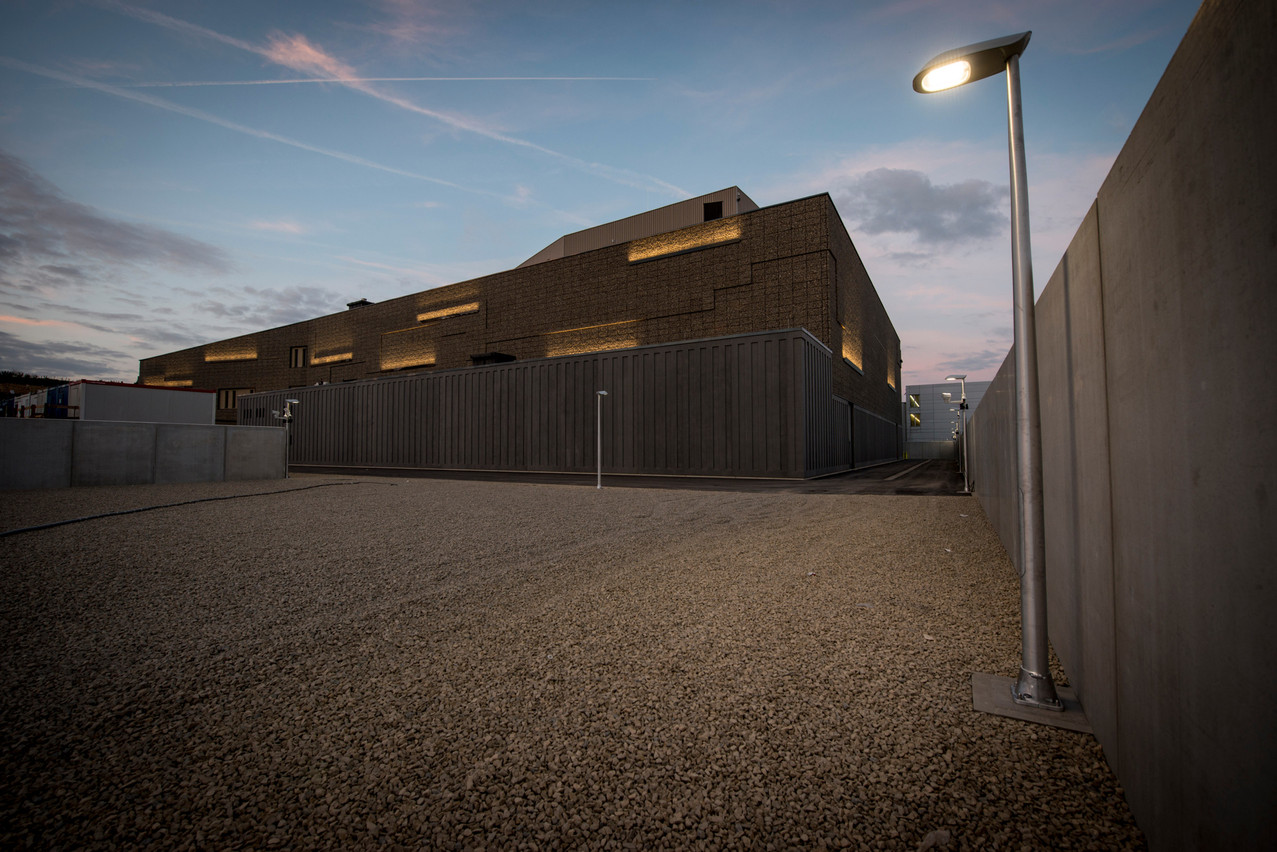"It's a money pit." In an interview with our Wort colleagues in 2024, the CEO of the Luxembourg High Security Hub--the Freeport's new name since 2020--, admits it: despite the long-term contract with the Luxembourg state, the site will never be profitable again. "Maintaining the air conditioning filters costs between €15,000 and e20,000 a month. Electricity bills rise to €50,000 a month. That's a colossal sum. We get by because, for years, we've had a shareholder base that has always covered our financing needs."
In this interview, he says that Luxembourg's Freeport is the "worst" on the planet, because the authorities, engaged in a battle to show a clean bill of health to the OECD, have raised the level of requirements, discouraging those who would have wanted to store their treasures in these 22,000 ultra-secure square metres.
Despite the commitments of its shareholders, the infrastructure is struggling to get its head above water, as evidenced by the €4.5m in losses carried forward, at the end of 2023, not to mention the €22.7m to be repaid to Bil, Spuerkeess, Banque de Luxembourg and Banque Raiffeisen as part of the initial construction financing, at a rate of €1.7m a year.
"We have one of probably the best performing Freeports," said Luxembourg City's member of parliament and alderman, (CSV), during our roundtable discussion on the future of Findel, as defence minister (DP) looked on. "I'm not here to give a historical report, but this Freeport has had a number of problems. At a certain point, it had a bad reputation and I wonder if we couldn't integrate it into the airport, especially at a time when we want to develop certain activities, and I'm talking to the minister of defence now: we could use this Freeport to deposit sensitive military equipment. This Freeport is very well organised. This place is not used enough. We need to see if the state couldn't take it over and integrate it into the airport structures. I'm sure that would add a lot of value."
This Wednesday, the day after the by Luc Frieden (CSV), the MP returned to the parliament, perhaps unaware that the minister of defence had already invited to a press conference on Tuesday evening, this Friday at 1.30pm, at the Directorate of Defence in Kirchberg, to "present the evolution of the defence effort to reach 2% from 2025". While the state cannot reasonably order tanks or cannons by the dozen, it could very well take over its structure in return for compensation and take advantage of the site's security expertise to develop a defence hub. Close to the airport and secure, in a country where it would not be so easy to find land with an equivalent level of security: anti-tank barrier, 300 surveillance cameras, new X-ray scanner or even a very secure badge system.
An expert speaking on condition of anonymity even says that the agreement signed with the state for the land could be terminated, since the company operating it cannot be profitable.
Without specifically naming the Freeport, the Chamber of Commerce drew the outlines in its on the measures to be taken to move forward more quickly in this sector where Europeans want to rearm. "A national defence task force must be set up without delay to coordinate government, industry and military efforts. To this must be added a defence hub, a secure centre where companies in the sector, in interaction with the task force and the army, can develop, test and produce their innovations in an environment adapted to security requirements. The creation of a National Association of Defence Companies (Aned) will complete this scheme."
Recommendation number 3 also states: "It would be appropriate to create a secure, shared and accredited site dedicated to companies, start-ups and laboratories wishing to innovate in defence. This hub would house the task force, the test infrastructure (recommendation no. 5) and the association of companies in the sector, offering a unique environment for cooperation and prototyping."
It is difficult to predict whether the defence minister will go down this road as early as this Thursday in the parliament to respond or will reserve her announcements for journalists the following day. Or even later, while the whole system is locked down. But at our round table, the minister ended her introductory speech with these sentences: "One final point, which is close to my heart as minister for defence: over the coming months and years, our airport will have to respond as effectively as possible to the new expectations and challenges in terms of resilience in an increasingly difficult geopolitical context. It will have to play an increasingly important role in our collective Nato defence."
This article was originally published in .
